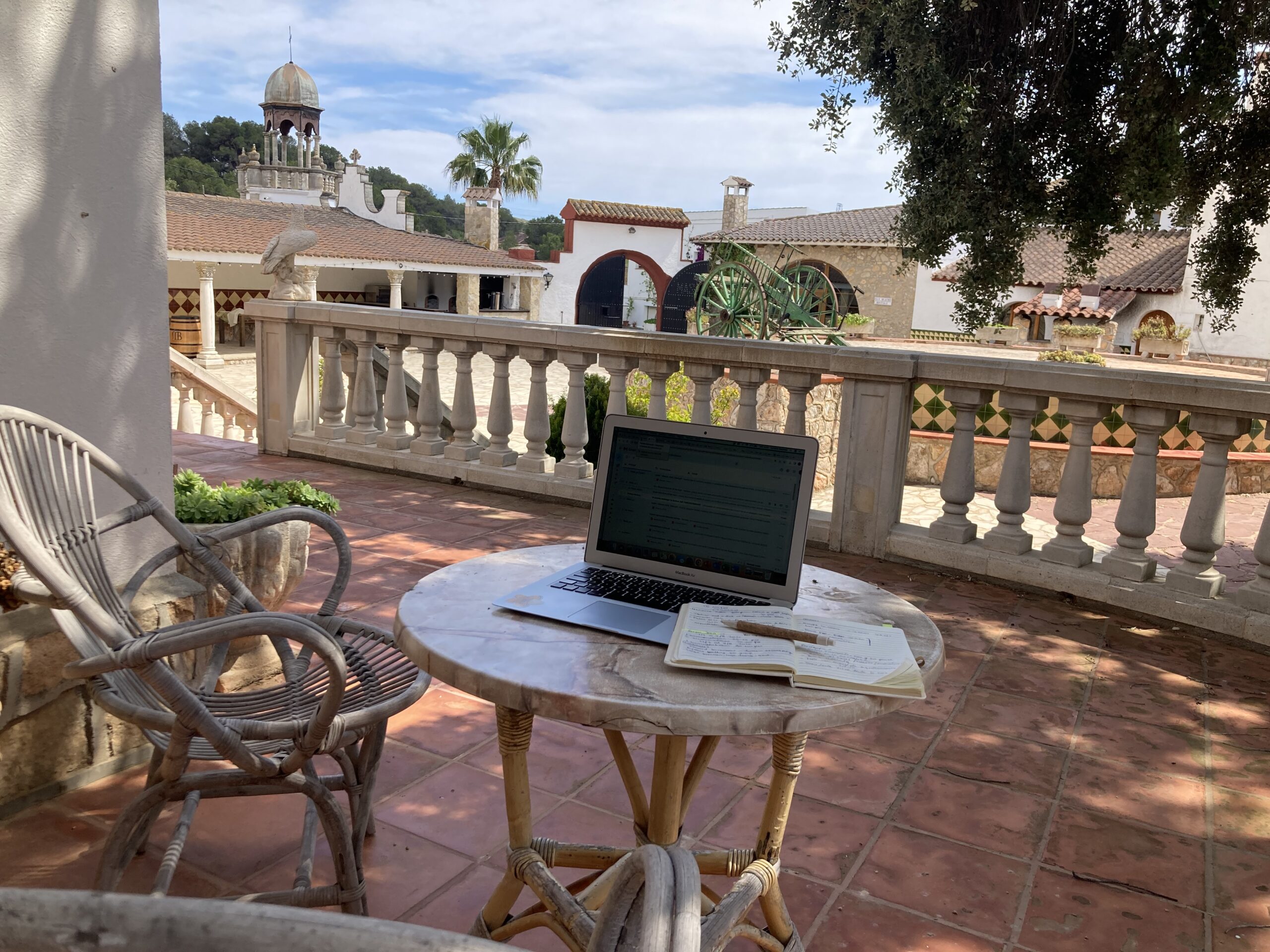The rules of the game have changed. Workplace flexibility, once an exclusive benefit of a few, has now become a standard in many companies, especially in Europe.
While startups have integrated hybrid and remote models more easily, large corporations have had to adapt to a new reality: employees seek greater autonomy, well-being, and a balance between their personal and professional lives.
The Rise of Workplace Flexibility
According to McKinsey (2023), employees no longer seek just good financial compensation; they value the complete experience: a positive culture, support, guidance, flexibility, and time management with greater autonomy and purpose.
Other studies support this shift:
- 60% of hybrid workers believe they are more productive when working from home. Additionally, 69% of employees think their employers require office presence due to traditional workplace expectations. (State of Hybrid Work 2023 – Owl Labs)
- 73% of employees say they need a more compelling reason to go to the office than just meeting company expectations. (Microsoft, 2022)
- Companies that mandate full office returns are losing talent: 71% of hybrid employees would consider seeking a new job if forced to return full-time. (Business Insider, 2024)
Employees no longer want rigid schedules or to be confined within four walls all day. They seek environments that allow them to balance productivity, well-being, and team connection.
Real Testimonials: How Professionals Experience This Transformation
Gonzalo, who works in a third-party supplier auditing company, has found his balance in a hybrid model:
🗣 “I work from home three days a week because it allows me to be more productive and avoid distractions, but the office remains key for team connection. However, working from home requires discipline to separate personal life from work“.
Meanwhile, Candelaria, accounting manager at a coworking group, emphasizes the importance of autonomy:
🗣 “Our company has one mandatory office day, but with flexibility if we can’t attend. I feel more productive working from home, managing my time without unnecessary controls. For me, flexibility is everything; without it, I would have looked for another job”.
What Are New Generations Looking For?
Younger professionals prioritize:
✅ Freedom to choose where and how to work.
✅ Work-life balance.
✅ More inspiring workspaces and a connection with nature.
✅ Companies that measure results instead of hours in the office.
According to Deloitte (2023), 62% of Millennials and 75% of Gen Z consider flexibility a key factor in choosing a company. Additionally, 86% of Gen Z and 89% of Millennials state that working with purpose is essential for their job satisfaction.
The most in-demand skills for 2027 include analytical thinking, creativity, and resilience, with a growing emphasis on socio-emotional skills and self-management, such as flexibility and motivation.
The Benefits of Flexibility for Companies
Far from being just a perk for employees, flexibility offers competitive advantages for companies:
✔ Increased productivity: Changing environments, connecting with nature, or working in relaxed spaces reduce stress and boost performance. (Harvard Business Review, 2021)
✔ Talent attraction and retention: Rigid models increase turnover and make it harder to attract and retain qualified professionals.
✔ Better workplace culture: Happier teams deliver better results and drive innovation.
✔ Fewer stress and anxiety-related absences: Flexibility is key to reducing burnout. (WHO, 2023)
How Can Companies Adapt to This Change?
🔹 Trust and goal-based evaluation: Measuring results instead of office presence.
🔹 Inspiring workspaces: Not just remote work—offering options that combine productivity with nature and well-being.
🔹 Structured flexibility: Well-designed hybrid models with clear processes and collaborative tools.
🔹 Listening to employees: Adapting policies to the real needs of each team.
Conclusion: An Evolution, Not a Trend
Flexible work models are not a passing trend but a necessary evolution. Companies that adapt will not only improve employee well-being but also strengthen their productivity and competitiveness in the market.
🌿 At ecoRETREAT, we believe balance is the key. That’s why we offer companies the opportunity to help their teams disconnect from the city and reconnect with nature—learning more about themselves, understanding their personal needs, and developing self-management skills for healthier, more sustainable workdays.
🔎 How has your company adapted to this new reality?






